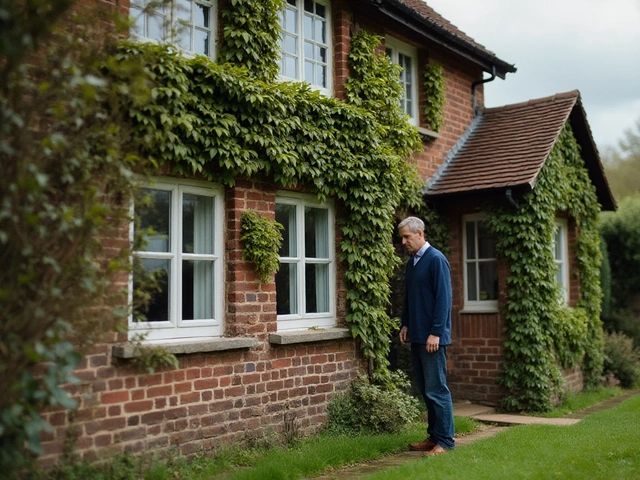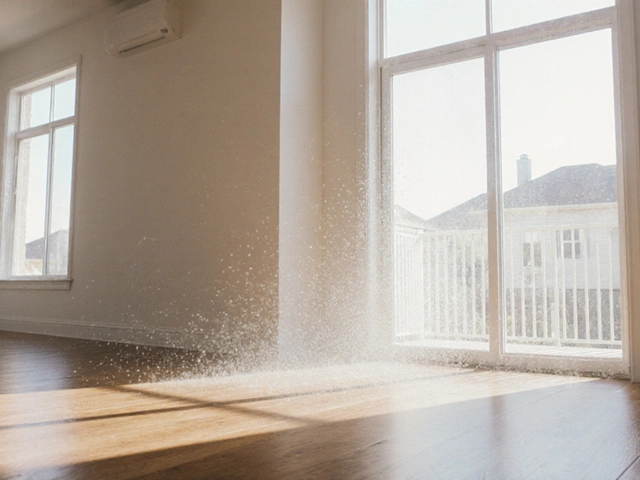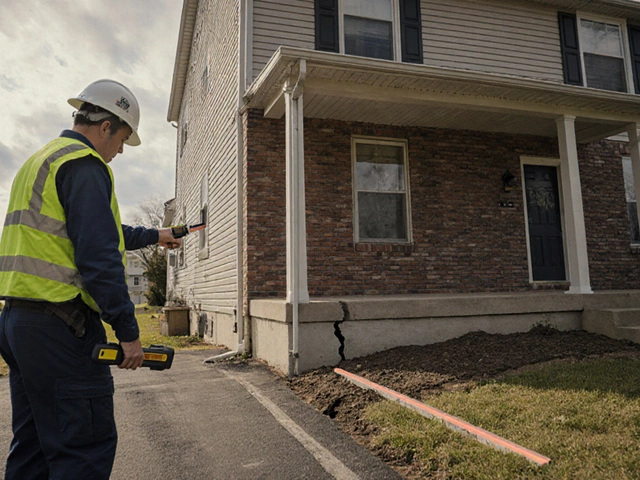Foundation Cracks: What Happens If You Ignore Them & How to Fix
Found a crack in your slab or basement wall? Most homeowners think it’s just a cosmetic issue, but a tiny split can turn into a serious problem fast. In this guide you’ll learn why those cracks matter, what damage they can cause, and the smartest ways to deal with them before they cost a fortune.
Why foundation cracks matter
Cracks let water seep in, which can rust rebar, rot wood joists, and create mold‑friendly conditions. Even a hairline crack can become a conduit for moisture when the ground freezes and thaws. When water reaches the soil under the footing it expands, pushing the concrete apart and widening the crack.
Beyond moisture, a crack can signal that the foundation is moving. Settlement, soil shrinkage, or poor drainage may be shifting the footings, and the crack is just the first sign. If the movement continues, you might see doors stick, windows warp, or walls tilt – all signs that the house’s structural integrity is at risk.
Ignoring a crack also hurts resale value. Buyers often ask for a structural engineer’s report, and a visible crack can lower offers or even pull a sale entirely.
Fixing foundation cracks: DIY or pro?
If the crack is less than 1/8 inch wide and there’s no obvious movement, you can try a DIY repair. Clean the crack, fill it with a concrete epoxy or a polyurethane sealant, and then waterproof the surrounding area with a drainage mat or sealant paint. This stops quick leaks and buys you time.
For wider cracks, recurring cracks, or signs of movement, call a professional. A structural engineer can tell you whether the foundation needs underpinning, piers, or a carbon‑fiber strap. Contractors will excavate around the footing, inject epoxy resin, and then reinforce the area. The cost is higher, but you avoid future damage that could run into the thousands.
Before you start any work, check the site’s drainage. Make sure gutters direct water at least 5 feet away and that the soil slopes away from the house. Simple grading fixes cost almost nothing and prevent new cracks from forming.
In summary, a foundation crack is a warning sign, not a decoration. Small, stable cracks can be sealed yourself, but anything bigger or moving deserves a pro’s eye. Keep water out, fix drainage, and you’ll keep your home stable and safe for years to come.
How to Stop Your Foundation from Leaking from the Inside
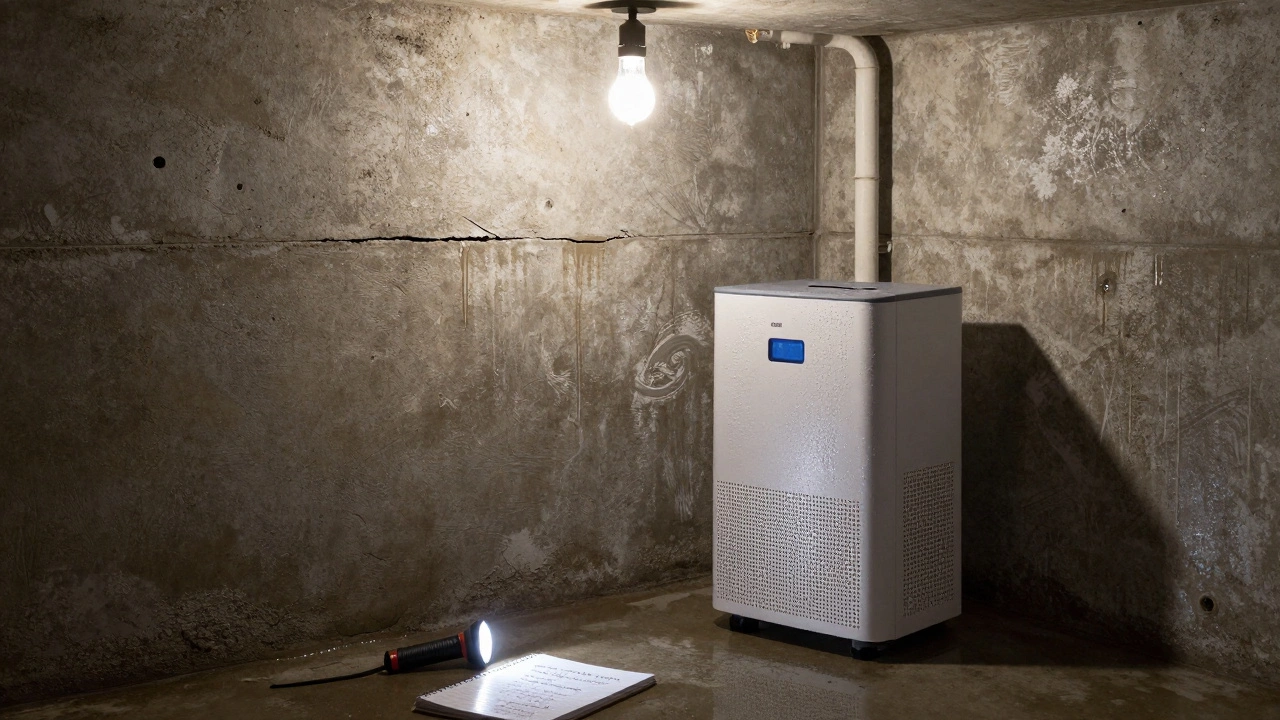
Learn how to stop your foundation from leaking from the inside with proven interior solutions. Find out what causes basement leaks, what fixes actually work, and how to prevent future damage in Halifax's wet climate.
read moreBest Cement for Foundation Repair: What Actually Works?
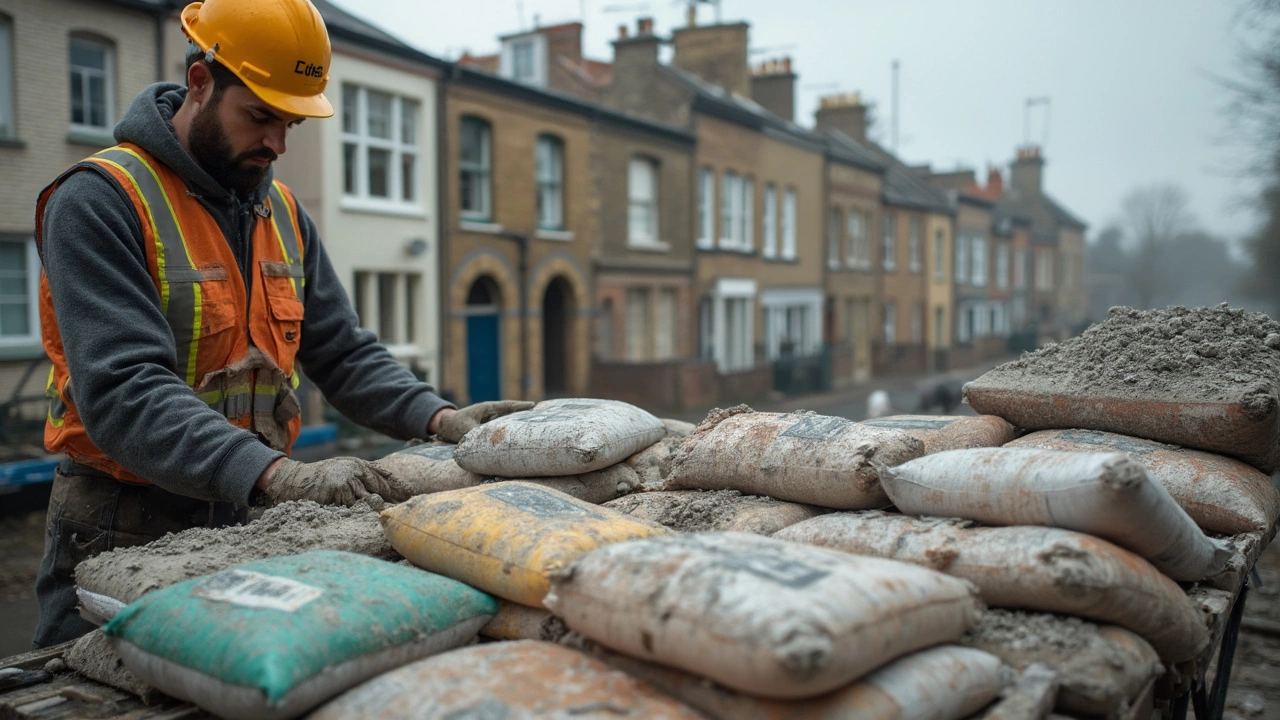
Confused about which cement is best for fixing your foundation? This article breaks down different cement types, explains what makes one better than the other, and arms you with insider tips for strong, lasting repairs. Discover which products pros use and why. Learn how to avoid common foundation repair slip-ups. Turn shaky ground into peace of mind with actionable advice you won’t get at the hardware store.
read more

